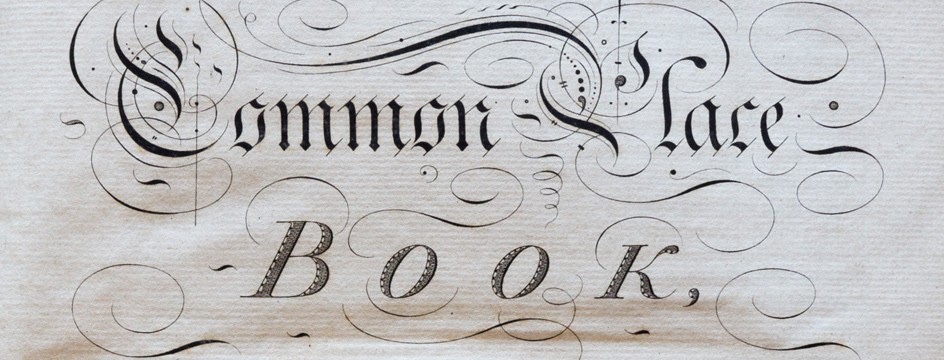Commonplace Book 02.26.20

Alice Munro, “Miles City, Montana”:
“In my own house, I seemed to be often looking for a place to hide—sometimes from the children but more often from the jobs to be done and the phone ringing and the sociability of the neighborhood. I wanted to hide so that I could get busy at my real work, which was a sort of wooing of distant parts of myself.”
❦
Madame de Staël, On Germany:
“Nothing is less applicable to the conduct of life than a mathematical reasoning: a proposition in figures is decidedly either false or true; in all other relations the true mixes itself with the false in such a manner that often instinct alone can make us decide between different motives which are sometimes equally powerful on either side.”
❦
Cliff Kuang with Robert Fabricant, User-Friendly:
“Call it the user-friendly paradox: As gadgets get easier to use, they become more mysterious; they make us more capable of doing what we want, while also making us more feeble in deciding whether what we seem to want is actually worth doing.”
❦
Samantha Harvey, The Western Wind: A Novel:
“His posture eased, his lips moved to the faintest of smiles, and someone pleasant appeared in his expression, the boy his mother must have once loved. I wondered what had softened him. . . . How unknowable men are, full of corners.”
❦
Edith Templeton, The Surprise of Cremona:
“He who does not take the time to conquer the artichoke by stages does not deserve to penetrate to its heart. There are no shortcuts in life to anything: least of all to the artichoke.”
